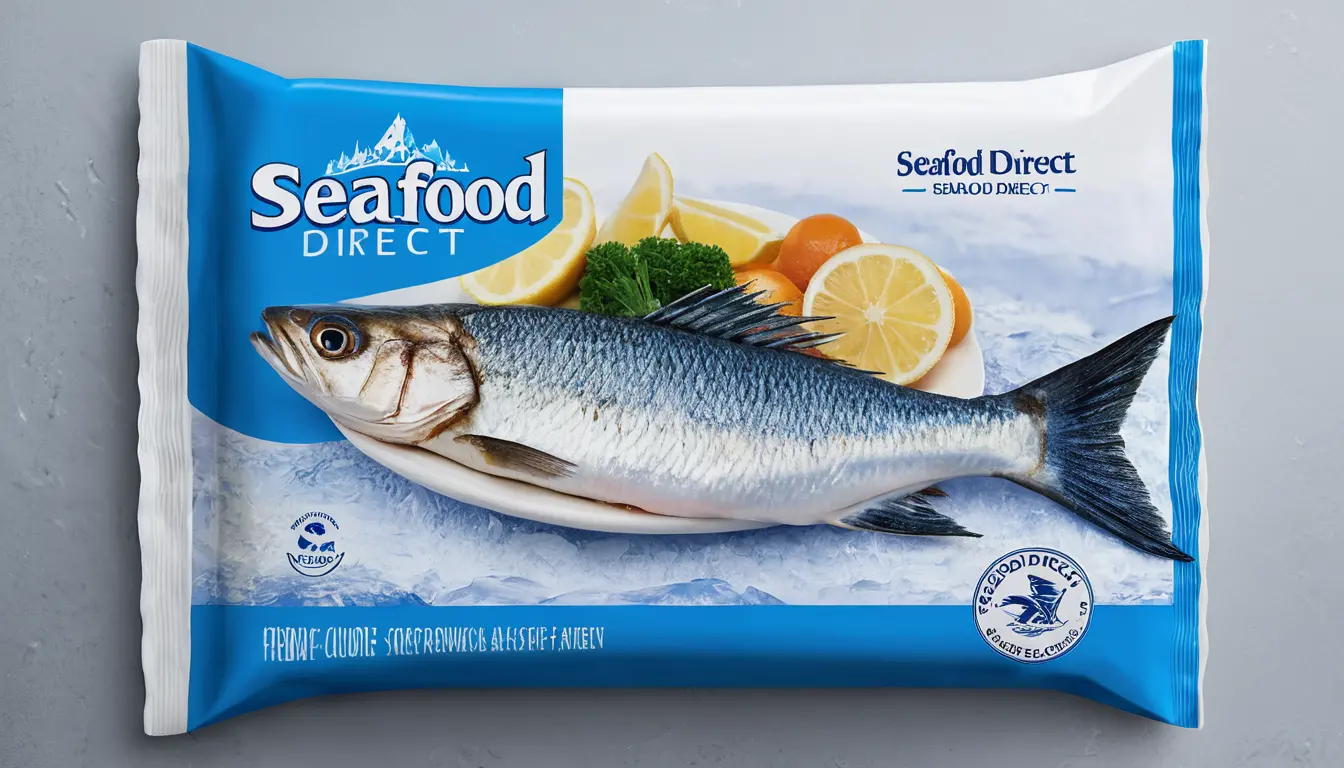Frozen Fish: The Best Way to Store and Prepare It

Frozen fish is a convenient and practical choice for seafood lovers who want to enjoy high-quality meals without the hassle of frequent grocery trips. It boasts numerous benefits, from retaining freshness to ensuring year-round availability. This article will delve into the various aspects of frozen fish, covering its storage, preparation methods, nutritional value, and highlighting Seafood Direct, a premier online seafood delivery service in the UK.
The Advantages of Frozen Fish
Frozen fish has gained popularity for several compelling reasons, making it a staple in many households. Here are some key benefits:
- Extended Shelf Life: Frozen fish can last for months, enabling you to stock up and reduce the need for frequent shopping. This is particularly advantageous for busy families or individuals with packed schedules.
- Nutritional Integrity: Contrary to popular belief, freezing fish does not significantly compromise its nutritional value. It retains essential nutrients, including protein, omega-3 fatty acids, and vitamins, making it a healthy addition to your diet.
- Year-Round Availability: With frozen fish, you can enjoy a diverse range of seafood regardless of the season. This allows you to experiment with different types of fish and seafood that may not always be available fresh.
- Meal Prep Convenience: Frozen fish simplifies meal planning. Having it on hand means you can quickly whip up a nutritious meal without the concern of spoilage.
Your Go-To Online Seafood Delivery Service

For high-quality frozen fish, Seafood Direct is an excellent option. This family-run business, based in the UK, boasts over 50 years of experience in the fish industry. They source seafood from around the globe and deliver it straight to your doorstep. Seafood Direct offers a wide selection of premium frozen products, crabs, Lobsters ensuring access to delicious and sustainable seafood. Their commitment to customer satisfaction and quality makes them a trusted source for seafood enthusiasts.
Proper Storage of Frozen Fish
To ensure the quality and safety of frozen fish, proper storage is vital. Follow these guidelines:
- Maintain Freezer Temperature: Keep your freezer at 0°F (-18°C) or lower to ensure the fish remains solidly frozen, preserving its texture and flavor.
- Use Suitable Packaging: If the fish comes in non-airtight packaging, consider repackaging it in vacuum-sealed bags or freezer-safe containers. This helps prevent freezer burn and maintains the fish’s quality.
- Label Your Fish: Always label your fish with the freezing date and type. This practice helps manage your inventory effectively and ensures you use older fish first.
- Avoid Refreezing: Only thaw the portion you plan to use. Refreezing can negatively affect the fish’s texture and taste, leading to a less enjoyable dining experience.
Safe Thawing Methods for Frozen Fish
Proper thawing is crucial for maintaining the quality and safety of frozen fish. Here are the best methods:
- Refrigerator Thawing: The safest method for thawing fish is to place it in the refrigerator. Allow it to thaw for several hours or overnight, keeping the fish at a safe temperature to minimize the risk of bacterial growth.
- Cold Water Thawing: If you’re pressed for time, place the fish in a sealed plastic bag and submerge it in cold water.
- Microwave Thawing: Although not the preferred method, you can use your microwave’s defrost setting. Be cautious to avoid partially cooking the fish, and cook it immediately after thawing.
Nutritional Benefits of Frozen Fish
In addition to convenience, frozen fish is a nutritional powerhouse:
- Rich in Protein: Fish is an excellent source of high-quality protein essential for muscle development and overall health. Incorporating fish into your diet can effectively meet your protein requirements.
- High in Omega-3 Fatty Acids: Fatty fish, such as salmon and mackerel, are rich in omega-3 fatty acids, which are known for promoting heart health. These healthy fats can help reduce inflammation and support brain function.
- Source of Vitamins and Minerals: Frozen fish provides essential vitamins and minerals, including vitamin D, vitamin B12, selenium, and iodine, all of which play crucial roles in various bodily functions.
Conclusion
Frozen fish is a practical and nutritious option for anyone who loves seafood. By understanding how to store and thaw it properly and recognizing its numerous health benefits, you can easily incorporate it into your diet. Additionally, considering the environmental impact of your seafood choices is crucial for promoting sustainable practices. With reliable suppliers like Seafood Direct, enjoying high-quality frozen fish has never been easier. Embrace the convenience and health benefits of frozen fish today!









